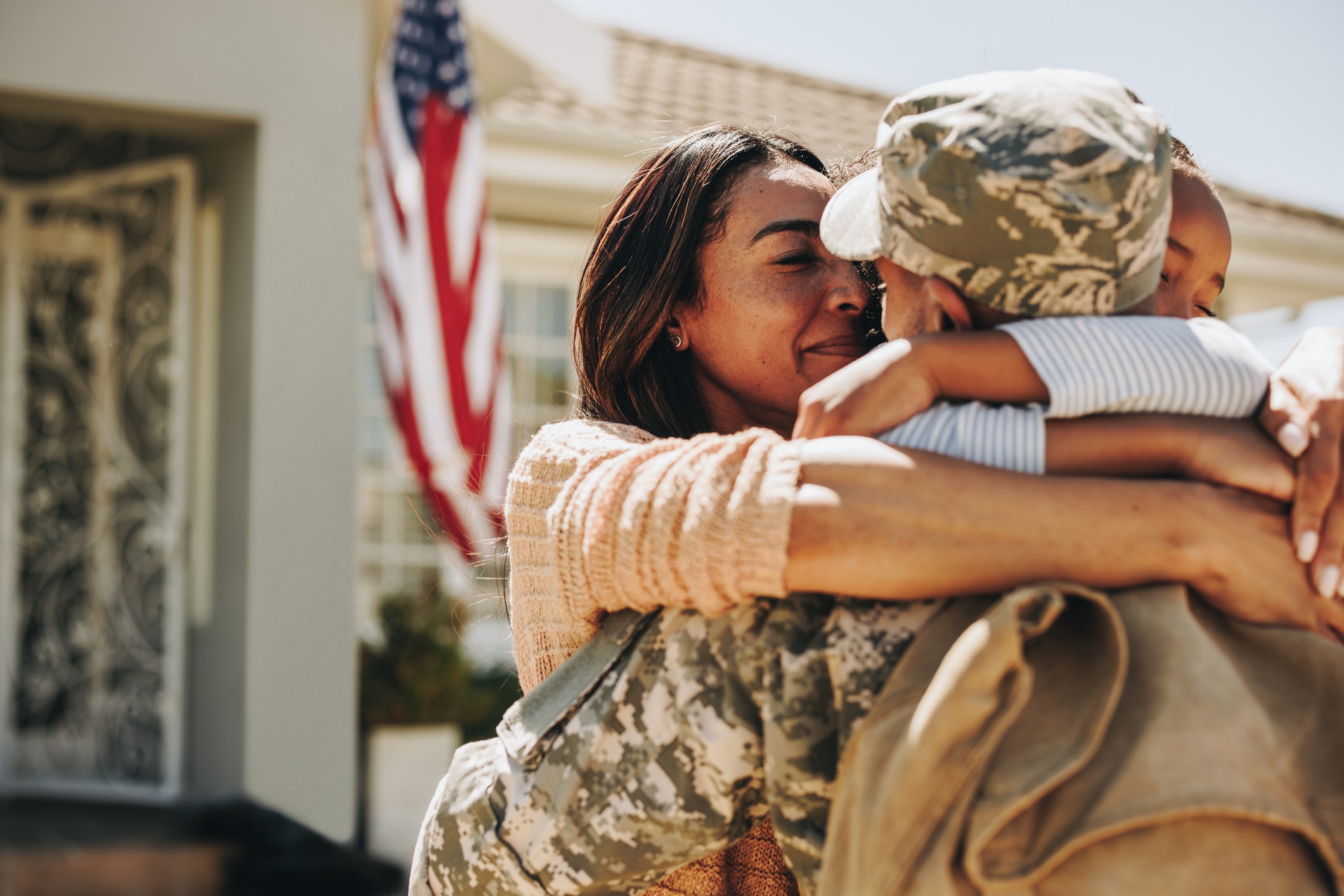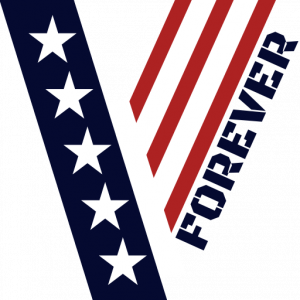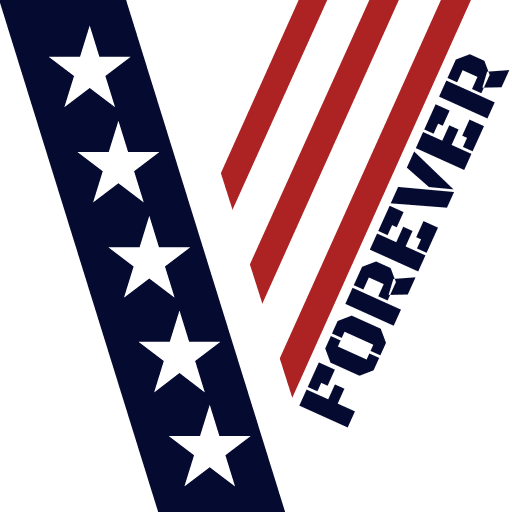
You’re with your extended military family, and we’re here to get you squared away with the information you need. Let’s break down the VA benefits available to veteran spouses. Being a military spouse is no walk in the park. You’re holding down the fort during deployments, moving every few years, and dealing with the unique challenges that come with military life. When your veteran is dealing with a disability, it adds another layer of complexity. The good news is that the Department of Veterans Affairs (VA) recognizes the sacrifices you make and offers a range of benefits to help support you and your family. This article provides a comprehensive overview of these benefits, ensuring you know what’s available and how to access them. Think of this as your go-to resource – straight talk, veteran to veteran, about the benefits you’ve earned.
Do Spouses of Disabled Veterans Get Benefits?
The short answer? Yes, absolutely. The VA offers a variety of benefits to spouses of disabled veterans, particularly those with a disability rating of 100%. However, benefits are also available to spouses of veterans with lower disability ratings, depending on the specific program. Let’s dive into the details.
VA Benefits for Spouses of Living Veterans
Several VA programs provide direct support to spouses of living veterans. Here’s a rundown:
1. Dependency and Indemnity Compensation (DIC)
While DIC is primarily for surviving spouses (we’ll get to that later), it’s important to understand what it is. DIC is a tax-free monetary benefit paid to eligible survivors of veterans whose death was service-related. This is relevant even while the veteran is alive because understanding DIC eligibility can help with long-term planning.
2. CHAMPVA (Civilian Health and Medical Program of the Department of Veterans Affairs)
Can a veteran’s spouse get medical benefits? Yes, through CHAMPVA! CHAMPVA provides comprehensive health care benefits to spouses and children of veterans who are permanently and totally disabled, or who died in the line of duty. If your veteran has a 100% disability rating, you and your children may be eligible for CHAMPVA. This program covers a wide range of medical services, offering a valuable safety net for your family’s health needs.
3. Caregiver Support
If you’re providing care for a veteran who needs help with daily living activities, the VA offers a range of caregiver support services. These include:
- Respite Care: Temporary relief for caregivers, allowing you to take a break.
- Education and Training: Resources to help you better understand and manage your veteran’s care needs.
- Counseling: Support to help you cope with the emotional challenges of caregiving.
- Financial Assistance: In some cases, stipends may be available to help cover the costs of care.
4. Education and Training Benefits
The VA offers several education and training programs that spouses can take advantage of:
- Marine Gunnery Sergeant John David Fry Scholarship: Provides educational assistance to the children and surviving spouses of service members who died in the line of duty after September 10, 2001.
- Survivors’ and Dependents’ Educational Assistance (DEA) Program: Offers education and training opportunities to eligible dependents of veterans who are permanently and totally disabled due to a service-related condition or who died while on active duty or as a result of a service-related condition.
5. VA Home Loan Guaranty
While the VA home loan guaranty is primarily for veterans, spouses can also benefit. Surviving spouses who meet certain requirements can be eligible for a VA home loan, helping them purchase, build, or refinance a home.
6. VA Aid and Attendance Benefits for Spouses
Aid and Attendance benefits are part of the VA’s disability compensation program, offering additional financial assistance to veterans and their surviving spouses who need help with daily living activities. These benefits are designed to support those who require assistance with tasks such as bathing, dressing, feeding, or other personal care needs, or who are housebound. For spouses, these benefits can provide crucial financial relief, enabling them to afford necessary care and support services either at home or in a care facility. The VA assesses eligibility based on the level of need for assistance and the individual’s financial situation, ensuring that those who require the most help receive the necessary resources to maintain their quality of life.
Veteran Spouse Benefits After Death
Losing a veteran is an incredibly difficult experience. The VA provides several benefits to help surviving spouses navigate this challenging time.
Dependency and Indemnity Compensation (DIC)
As mentioned earlier, DIC is a tax-free monetary benefit paid to eligible survivors of veterans whose death was service-related. To be eligible, you generally must be the surviving spouse of a veteran who died from a service-related injury or illness. The amount of DIC you receive depends on several factors, including whether you have dependent children.
Survivors Pension
The Survivors Pension is a needs-based benefit for low-income surviving spouses and unmarried dependent children of deceased veterans with wartime service. If your income and net worth are below certain limits, you may be eligible for this pension. It provides a monthly payment to help with basic living expenses.
CHAMPVA
Surviving spouses may continue to be eligible for CHAMPVA benefits after the veteran’s death, provided they meet certain criteria. This can be a crucial benefit for maintaining access to affordable health care.
Education Benefits
As noted above, the Fry Scholarship and DEA program can provide education benefits to surviving spouses, helping them pursue education and training opportunities.
Burial Benefits
The VA offers several burial benefits to help cover the costs of a veteran’s funeral and burial. These include:
- Burial Allowance: A payment to help with burial expenses.
- Plot Allowance: A payment for the cost of a burial plot.
- Headstone or Marker: A government-furnished headstone or marker for the veteran’s grave.
- Burial in a National Cemetery: Free burial for the veteran and, in some cases, their spouse.
Do Spouses of 100% Disabled Veterans Get Benefits After Death?
Yes, spouses of 100% disabled veterans are often eligible for enhanced benefits after the veteran’s death. Specifically, they may be eligible for DIC, CHAMPVA, and other survivor benefits. The key is to understand the eligibility criteria for each program and apply accordingly.
Navigating the VA System: Tips for Spouses
Navigating the VA system can be challenging, but here are some tips to help you along the way:
- Gather Documentation: Collect all relevant documents, including the veteran’s service records, disability rating, marriage certificate, and any medical records.
- Understand Eligibility Criteria: Carefully review the eligibility requirements for each benefit you’re interested in.
- Apply for Benefits: Complete the necessary application forms and submit them to the VA.
- Seek Assistance: Don’t hesitate to seek help from a VA-accredited representative or veterans service organization (VSO). These experts can guide you through the process and ensure you receive the benefits you’re entitled to.
- Keep Records: Maintain copies of all correspondence with the VA and any documents you submit.
- Stay Informed: Keep up-to-date with changes to VA benefits and programs.
VA Accredited Representation: Why It Matters
When seeking assistance with VA benefits, it’s crucial to work with a VA-accredited representative. Why? Because only accredited representatives are recognized by the VA as having the knowledge and expertise to provide accurate and reliable advice. Unaccredited individuals or organizations – like those “YouTube experts” – may provide inaccurate information or even engage in predatory practices. VetsForever is a VA-accredited firm, meaning we have the training and credentials to help you navigate the VA system effectively.
Medical Nexus
If talking about medical nexus, we need to strongly emphasize that it does not mean to get a nexus letter. A statement support of claim is just as important if not weighted more than a costly nexus letter. The veteran’s words about the situation is a key factor in service connection and VetsForever will assist you drafting one up for free.
Conclusion
Being the spouse of a disabled veteran comes with unique challenges, but the VA offers a range of benefits to help support you and your family. From healthcare and education to financial assistance and burial benefits, these programs recognize the sacrifices you make and provide valuable resources to help you thrive. Remember, you’re not alone – VetsForever is here to help you navigate the VA system and access the benefits you deserve. You had a question about VA benefits for spouses, and you came to the right place. The VetsForever team is here to dig in and get you some answers. Welcome to the VetsForever family – we’ve got your six!

